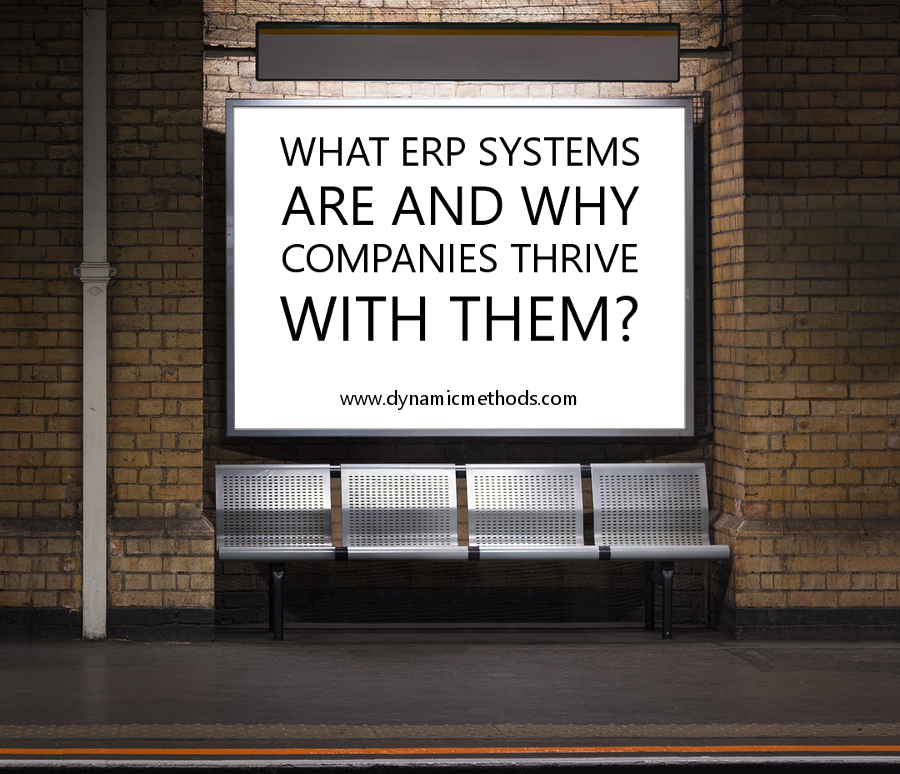ERP, otherwise known as “enterprise resource planning,” refers to a software-mediated management system which integrates the miscellaneous business processes of a company. From accounting to product design, ERP systems bring different business processes and data sources together. It is a complete technological solution to a myriad of problems that organizations cope with, such as data fragmentation, data integrity, and process unification.
ERP Systems Bring Data Together
ERP systems use common data structures (schemas) that conform to a business’s various software platforms; these schemas usually draw from a shared database. Because ERP systems rely on common data structures, databases, and software platforms, businesses do not need to worry about integrating multiple data sets from multiple software platforms; the ERP system creates a “single source of truth,” a single database that assimilates all of this information from everywhere.
ERP Systems Keep Data Safe
With a consolidated and secure database, ERP system users can rest assured that their data is safe from tampering and theft. Most ERP systems use data integrity protocols that ensure that everyone in the company is drawing from the same source of information, thereby preventing costly and inefficient miscommunication between departments. Data anarchy can cripple businesses that rely on large data sets and a plethora of different departments to operate; ERP systems condense this anarchy into order.
ERP Systems Bring Businesses Together
ERP systems enable managers to monitor and control business processes in real-time. By bringing together information from disparate departments with disparate workflows, ERP systems increase efficiency, improve communication, and reduce operational costs.
If you are curious about how ERP can accelerate your business, contact us.
